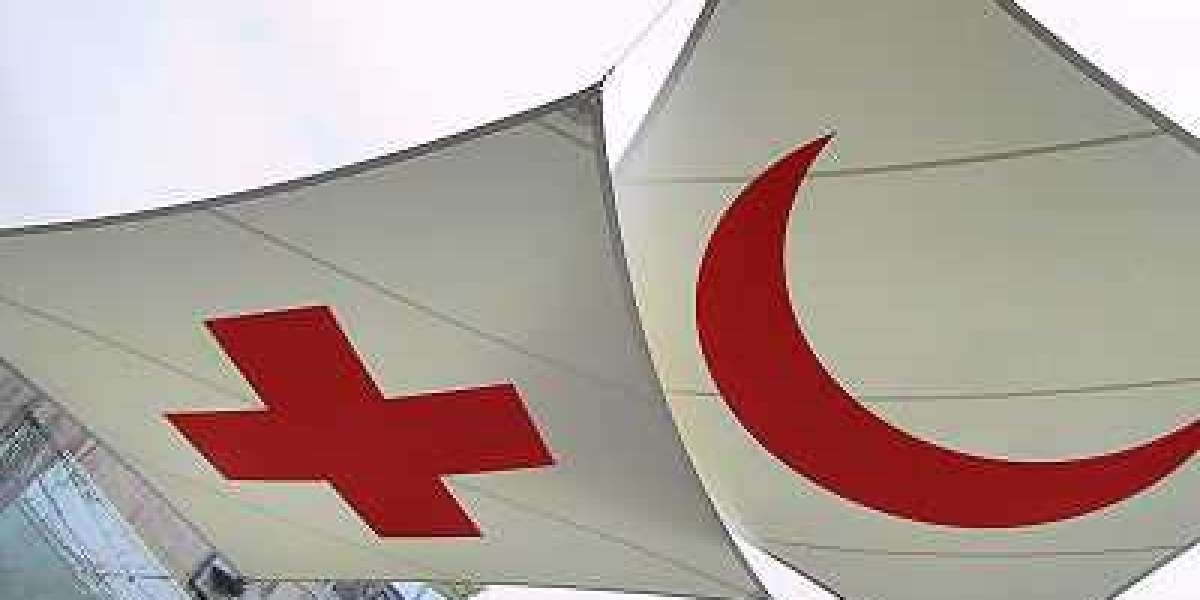Unlock the Secret to Better Sleep: Discover the Magic of Blue Light Blocking Glasses!
In our tech-driven world, the glow of screens—from smartphones to laptops—has become a constant companion. This light, particularly blue light, has sparked growing concern among health experts and individuals alike. Blue light is a high-energy visible light emitted by digital devices, as well as by the sun. The real issue arises in the evening when the natural sunlight fades, and our screens continue to expose us to blue light, which can disrupt our sleep patterns. Quality sleep is paramount for our health, yet many of us unknowingly sabotage it by indulging in late-night screen time. Understanding the implications of blue light on sleep is crucial, and that’s where blue light blocking glasses come into play.

Understanding Blue Light
Blue light is part of the visible light spectrum, occupying the wavelength range of approximately 380 to 500 nanometers. It is prevalent in natural sunlight but is also emitted by various artificial sources, including LED lighting, computer screens, smartphones, and televisions. While blue light is essential during the day as it boosts alertness and cognitive function, excessive exposure, especially during the evening, can lead to adverse effects. Many people, including friends of mine who spend hours working on computers, have noticed increased eye fatigue and discomfort, prompting them to seek solutions to mitigate this exposure.
The Science Behind Blue Light and Sleep
Blue light significantly influences our circadian rhythm, the internal clock that regulates sleep-wake cycles. Exposure to blue light in the evening can inhibit the production of melatonin, the hormone responsible for sleep, making it difficult to fall asleep. Studies have shown that individuals exposed to blue light before bedtime experience longer sleep onset times and reduced sleep quality. Research published in journals like "Sleep Health" has demonstrated a clear link between blue light exposure and impaired sleep patterns. Friends who’ve adopted a routine of wearing blue light blocking glasses in the evening have reported falling asleep faster and enjoying deeper sleep, illustrating the practical benefits of these glasses.
Benefits of Blue Light Blocking Glasses
The advantages of wearing blue light blocking glasses extend beyond just improved sleep. These glasses can significantly reduce eye strain, a common complaint among those who spend extended periods in front of screens. By filtering out harmful blue light, users often experience less discomfort, leading to enhanced productivity and overall well-being. Moreover, many individuals report a decrease in headaches and migraines, which can be triggered by prolonged screen exposure. These benefits have been echoed by my friends who have embraced blue light blocking glasses, noting that their general mood and energy levels have improved since they started using them regularly.
Features to Look for in Blue Light Blocking Glasses
When selecting blue light blocking glasses, several features can enhance their effectiveness. Lens color plays a crucial role; yellow-tinted lenses are known to filter out blue light effectively while providing a more natural color perception. Additionally, look for lenses with anti-reflective coatings to reduce glare from screens. Frame styles can also affect comfort, so choose a pair that fits well and suits your lifestyle. Whether you prefer a classic, bold, or minimalist design, there are options available that cater to every aesthetic and functional need.
How to Incorporate Blue Light Blocking Glasses into Your Routine
To maximize the benefits of blue light blocking glasses, it’s essential to incorporate them into your daily routine effectively. Start wearing them during evening screen time, ideally about two hours before bed, to allow your body to prepare for sleep. Additionally, consider using them during the day if you work long hours in front of a computer. This proactive approach not only shields your eyes from fatigue but also helps maintain your circadian rhythm, promoting better sleep quality and overall health.
Final Thoughts on Blue Light and Sleep
In summary, blue light exposure is an unavoidable aspect of modern life, but its impact on sleep and overall health cannot be ignored. By understanding the science behind blue light and its effects on our circadian rhythms, we can take actionable steps to mitigate its influence. Blue light blocking glasses emerge as a practical solution, offering benefits such as improved sleep quality, reduced eye strain, and enhanced well-being. As you consider your evening routine, think about incorporating these glasses to unlock the secret to better sleep and a healthier lifestyle.







